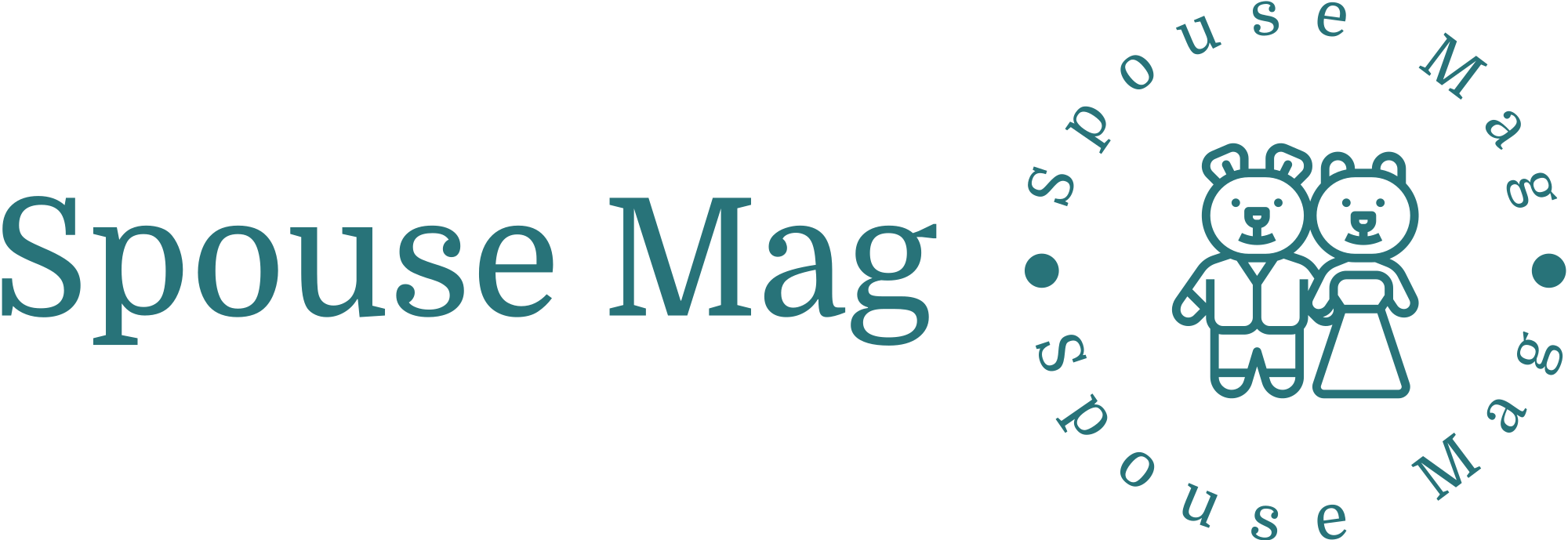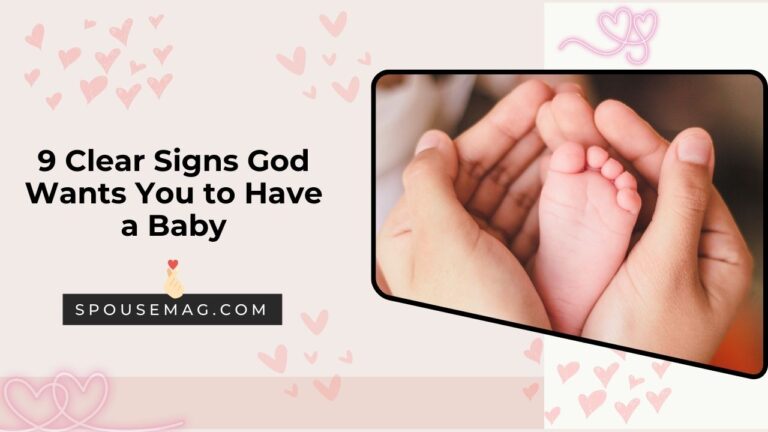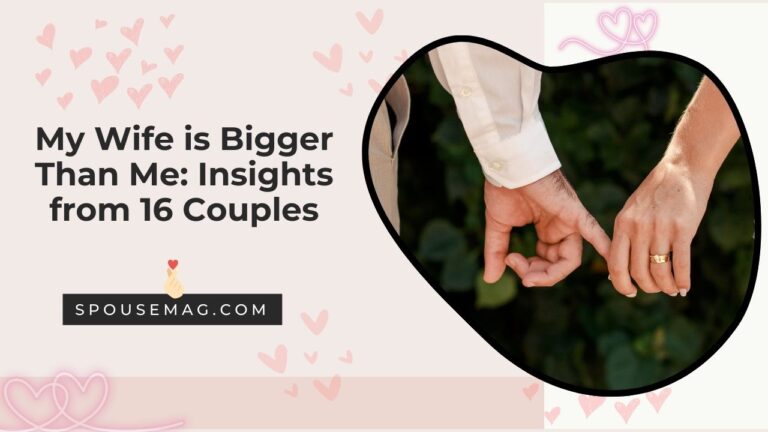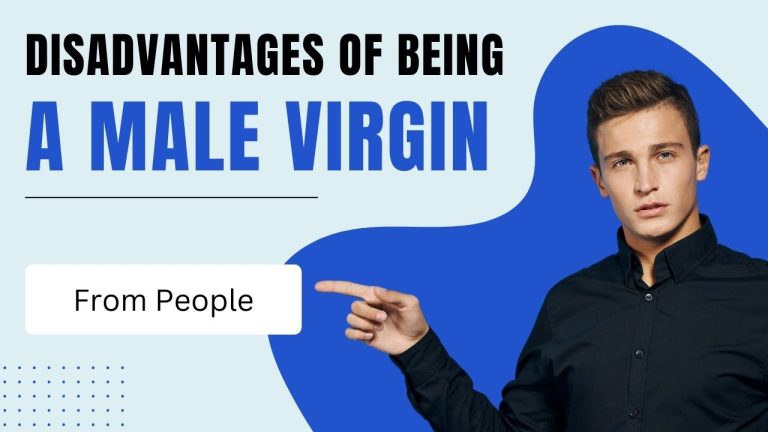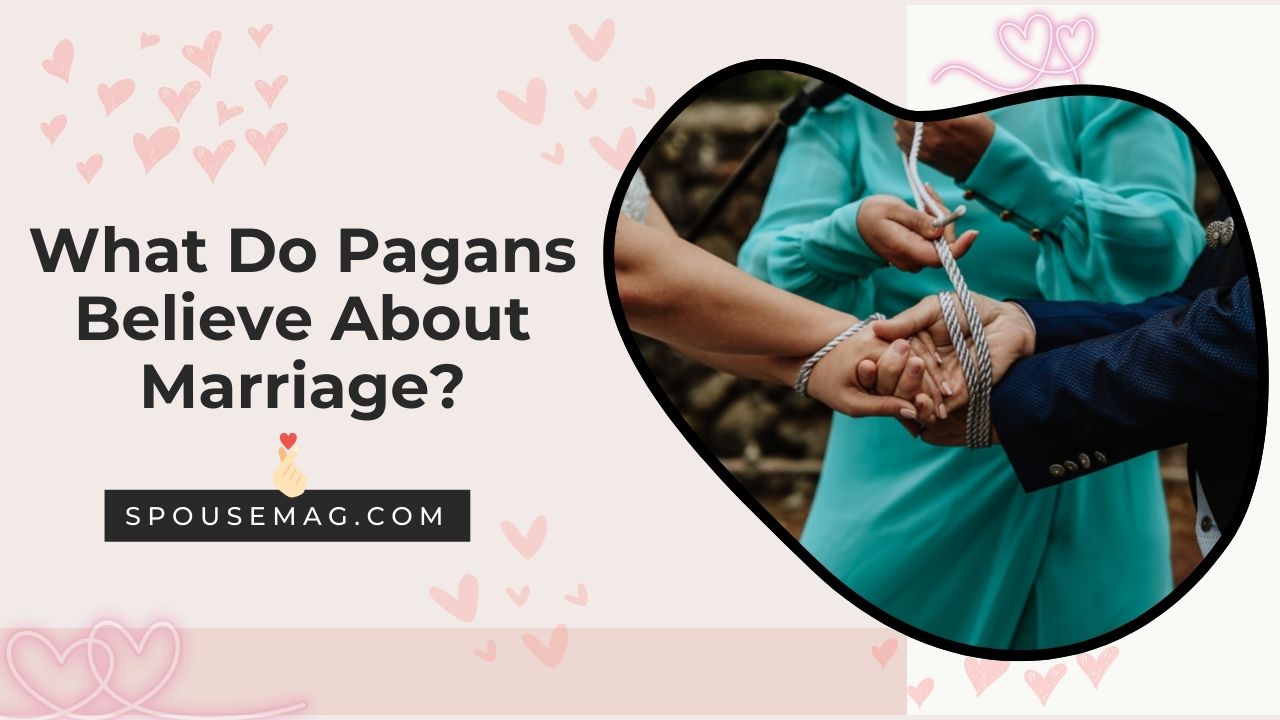
Marriage, a sacred institution, holds diverse meanings across cultures and belief systems. For Pagans, marriage is a spiritual bond between two individuals, intertwining their lives, values, and connection with nature.
In this article, we’ll jump into the core beliefs and practices surrounding Pagan marriage, exploring the significance of handfasting, nature, fertility, and the divine.
So without further ado, let’s get started:
We Asked 5 Americans: What Pagans Believe About Marriage?
We spoke to 5 Americans from various walks of life to see what they had to say (though it’s important to remember these are just outside perspectives, not those of practicing Pagans themselves).
1. Ethan, 32, Software Engineer, San Francisco
Ethan, a curious and open-minded individual, shared his understanding of Pagan beliefs on marriage. “From what I’ve learned, Pagans view marriage as a spiritual bond between two people, focusing on mutual respect, trust, and growth together.”
He continued, “It’s not just about legal or social commitments but a deep connection with nature and the divine. Pagans believe in honoring the cycles of life and the natural world, which is reflected in their approach to marriage.”
Read More:
- Signs God is Restoring Your Marriage: A Journey of Love
- 11 Alarming Signs of an Unhappy Marriage You Can’t Ignore
- The Cost of Breaking Off the Marriage: What You Need to Know?
2. Olivia, 29, Artist, New Orleans
Olivia, an artistic and empathetic person, offered her perspective on Pagan marriage beliefs. “Pagans see marriage as a journey, not a destination. It’s about embracing the ups and downs of life together, much like the cycles of nature.”
She added, “Their focus on equality, personal growth, and community involvement resonates with me. It’s beautiful to see a couple commit to supporting each other’s individuality and evolution.”
3. Mason, 41, Writer, New York City
Mason, a thoughtful and well-read individual, shared his understanding of Pagan marriage beliefs. “Pagans believe in the importance of handfasting, a ritual that symbolizes the couple’s commitment to each other and the natural world.”
He explained, “This ceremony often takes place during significant lunar or solar events, highlighting the connection to the cycles of life. It’s a powerful way to begin a life together, acknowledging the divine in each other and the world around them.”
4. Ava, 35, Teacher, Denver
Ava, a compassionate and open-minded person, offered her insights on Pagan marriage beliefs. “Pagans recognize the value of community and ancestors in their union. They often involve their community and honor their ancestors during wedding ceremonies.”
She continued, “This emphasis on family, heritage, and collective support resonates with me. It’s a beautiful way to build a strong foundation for a lifelong partnership.”
5. Noah, 38, Musician, Austin
Noah, a creative and free-spirited individual, shared his perspective on Pagan marriage beliefs. “Pagans see marriage as a celebration of love, commitment, and spiritual growth. They embrace the beauty of nature and the divine in every aspect of life, including their union.”
He added, “Their focus on personal freedom, mutual respect, and emotional intelligence is inspiring. It’s a reminder that marriage is a powerful journey of self-discovery and love.”
Paganism: A Spectrum of Beliefs
Paganism encompasses a broad range of beliefs and practices, honoring the divine in various forms. Pagans identify as Wiccans, or Druids, or follow other nature-centered traditions.
Despite the diversity, common themes of respect, reciprocity, and harmony with nature unite Pagans worldwide. Paganism recognizes the interconnectedness of all living things, acknowledging the sacred in every aspect of life.
Marriage in Paganism: A Commitment to Love and Growth
Pagan beliefs on marriage revolve around the union of two individuals, nurturing a deep spiritual connection.
This bond is built on mutual respect, trust, and the desire for growth together. Pagans view marriage as a journey, not a destination, recognizing the evolution of love and commitment over time.
The union is seen as a dynamic, ever-changing process, much like the cycles of nature.
Core Values of Pagan Marriage
| Value | Description |
|---|---|
| Commitment | A promise to stand together, supporting each other’s growth and well-being. |
| Spiritual Connection | A deep bond between partners, acknowledging the divine in each other. |
| Nature | Recognizing the natural world as a sacred witness and participant in the union. |
| Fertility | Celebrating the cycles of life, abundance, and the fertility of the earth. |
| Ancestors | Honoring the wisdom and guidance of ancestors, acknowledging the union’s impact on family and community. |
| Equality | Embracing the equal partnership of both individuals, recognizing the value of each person’s contributions. |
| Personal Growth | Encouraging individual growth, exploration, and self-discovery within the union. |
Handfasting: A Traditional Pagan Wedding Ceremony
Handfasting, an ancient Celtic ritual, is a popular Pagan wedding practice. This symbolic ceremony involves binding the couple’s hands together with a cord, signifying their commitment to one another. The cord represents the tie that binds, a reminder of the vows exchanged.
The ritual is often performed during a full moon, solstice, or equinox, aligning the union with the natural cycles of the earth.
Pagan Wedding Ceremonies: A Celebration of Love and Nature
Pagan wedding ceremonies often take place outdoors, embracing the beauty of nature. The rituals include:
- Calling the quarters: Inviting the elements and spirits to witness the union.
- Purification and consecration: Cleansing and blessing the couple and ceremony space.
- The Great Rite: A symbolic representation of the union, using athames (ritual knives) or wands.
- Feasting and merriment: Celebrating the union with food, drink, and music.
- Jumping the broom: A traditional African-American custom, symbolizing the couple’s leap into a new life together.
- Cake and ale: A ritual of sharing food and drink, representing the couple’s commitment to nourish and sustain each other.
Pagan Marriage and the God and Goddess
In Paganism, the divine is often represented as the God and Goddess, embodying the masculine and feminine principles.
The union of the God and Goddess is seen as a symbol of perfect balance and harmony, reflecting the ideal marriage. Pagans invoke the God and Goddess during wedding ceremonies, seeking their blessings and guidance.
Pagan Marriage and the Ancestors
Pagans believe that their ancestors continue to play an active role in their lives, offering wisdom and guidance. In marriage ceremonies, ancestors are often honored and acknowledged, recognizing the union’s impact on the family and community.
This connection to the ancestors strengthens the bond between the couple, as they become part of a larger, interconnected family.
Pagan Marriage and the Community
Pagan weddings often involve the community, celebrating the union with feasting, singing, and merriment. The community plays a vital role in supporting the couple, offering guidance and encouragement throughout their journey together.
This collective celebration reinforces the bond between the couple and their community, acknowledging the union’s significance in the larger social fabric.
Embracing Diversity and Inclusivity
Paganism’s inclusive nature welcomes individuals from diverse backgrounds, sexual orientations, and gender identities. Pagan weddings often reflect this diversity, incorporating elements that honor the couple’s unique experiences and identities.
This inclusive approach to marriage celebrates the beauty of individuality and the importance of love and commitment.
Pagan Marriage and the Cycle of Life
Pagans recognize the cycles of life and death, acknowledging that every ending marks a new beginning. In marriage, this understanding is reflected in the commitment to stand together through life’s joys and challenges.
Pagan weddings often incorporate symbols of the cycle of life, such as the ouroboros (the snake eating its own tail), representing the eternal nature of love and commitment.
Pagan Marriage and the Elements
The elements – earth, air, fire, water, and spirit – play a significant role in Paganism, representing the harmony and balance essential for a healthy union. Pagan weddings incorporate elemental symbolism, such as:
- Earth: Representing stability and grounding, often symbolized by stones or soil.
- Air: Representing intellectual and spiritual growth, often symbolized by feathers or wind chimes.
- Fire: Representing passion and creativity, often symbolized by candles or fire pits.
- Water: Representing emotional depth and intuition, often symbolized by water or sea shells.
- Spirit: Representing the divine and the mysteries of life, often symbolized by incense or sacred symbols.
Pagan Marriage and the Moon
The moon, with its cycles of growth and decay, is a powerful symbol in Paganism. Pagan weddings often align with the lunar cycles, recognizing the union’s connection to the natural world.
The full moon, in particular, is a popular time for Pagan weddings, as it represents the peak of fertility and abundance.
Pagan Marriage and the Seasons
The seasons, with their cycles of birth, growth, and harvest, are deeply ingrained in Paganism. Pagan weddings often incorporate seasonal elements, such as:
- Spring: Representing new beginnings and growth, often symbolized by flowers or greenery.
- Summer: Representing abundance and joy, often symbolized by sunflowers or citrus fruits.
- Autumn: Representing harvest and gratitude, often symbolized by leaves or pumpkins.
- Winter: Representing rest and renewal, often symbolized by snowflakes or evergreen trees.
Conclusion
Pagan beliefs on marriage offer a unique perspective on the union of two individuals, emphasizing spiritual connection, harmony with nature, and inclusivity.
By exploring the diverse customs and practices surrounding Pagan marriage, we gain a deeper understanding of the universal human desire for love, connection, and community. As we continue to grow and evolve, may our understanding and respect for diverse beliefs and traditions only deepen.
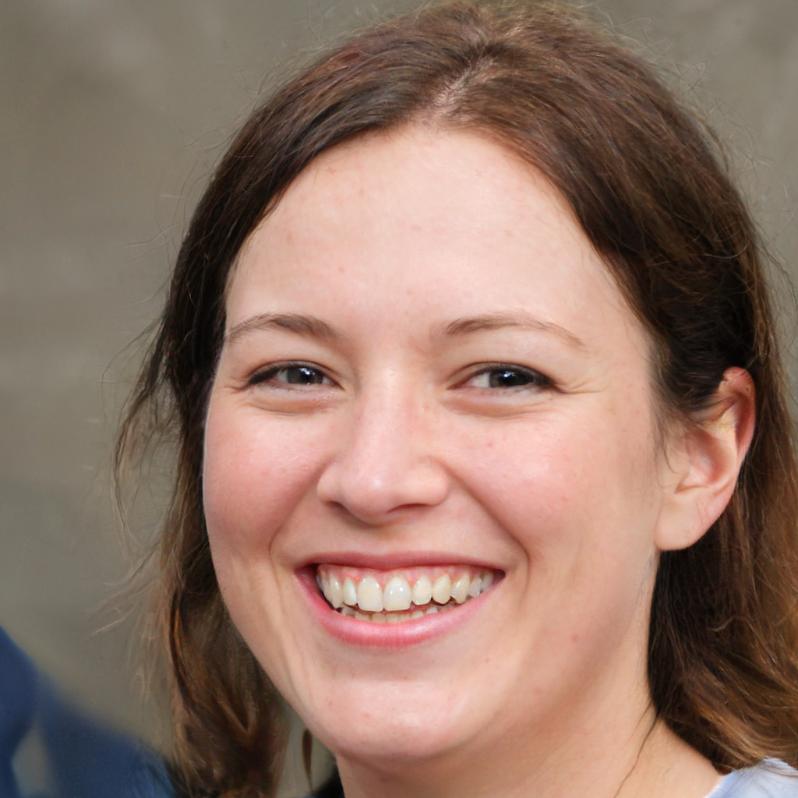
As a married wife, founder, and editor of SpouseMag.com – these guides are based on my own personal experiences, observations, research and insights. I am transparent about being inspired by the life and work of the two greatest experts in the relationship space – Dr. John and Julia Gottman, and Harville and Helen. They two are some of the strongest couples, researchers, authors, and counselors when it comes to marriage and relationships. My advice and guides are based on my insights and research, and they are not an alternative to professional advice.
